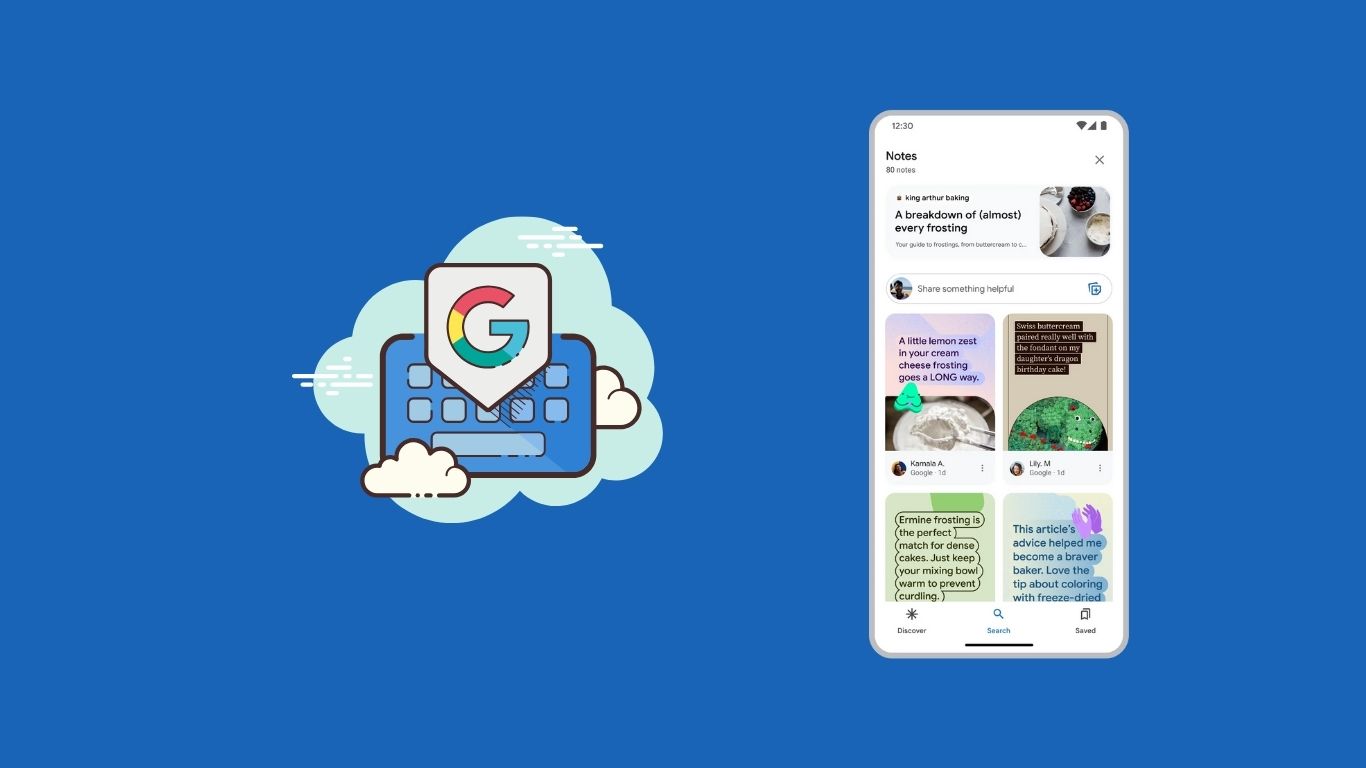Have you ever wished to add your personal touch to the search results you find on Google? With the launch of Google’s latest experiment called “Notes,” introduced as an opt-in feature through Search Labs on Wednesday, you can now do just that.
For those who choose to participate in the Notes experiment, buttons for adding and viewing notes will appear beneath search results and articles on Discover within the Google app. When creating a note, users have the option to incorporate colorful fonts and images, enhancing their annotations.
In a recent briefing, Google demonstrated a note related to an article about various frosting types, featuring green text, a cake image, and a heart sticker. Google Vice President Cathy Edwards explained that posted notes should appear “within minutes,” unless flagged for human review. The display of notes for a link will be dynamically ranked based on factors such as the user’s query and the note’s relevance to the page content.
While seemingly harmless, concerns about potential misuse and moderation arose. Edwards assured that Google employs both algorithmic protections and manual human review, with users able to report notes for human assessment. Drawing from experiences in content moderation on Maps and YouTube, the team aims to refine the moderation process during the experimental phase.
The Notes feature is initially available in the US and India. While the buttons for adding or viewing notes are visible in search results on the Google app, notes are indexable on the open web, enabling direct sharing via links. Google is also exploring ways to provide publishers with insights about notes on their content.
In addition to the Notes experiment, Google introduces another significant change for search users: the ability to follow queries. This feature allows users to receive batched results and notifications about topics they follow. Users can follow queries directly from search results, choosing from broad to specific topics, but explicit, offensive, or harmful queries cannot be followed.
Regarding privacy concerns, Edwards emphasized that Google has no plans to share users’ follow data with advertisers or external parties. The follow feature will roll out in US English on the Google app and mobile Chrome and Safari over the coming weeks.
Google is also updating its “Perspectives” feature, designed to surface content from social media and forums to provide genuine human information online. This update, available on desktop search in the US in the coming weeks, includes additional information about individual creators, such as profile pictures and follower counts.


